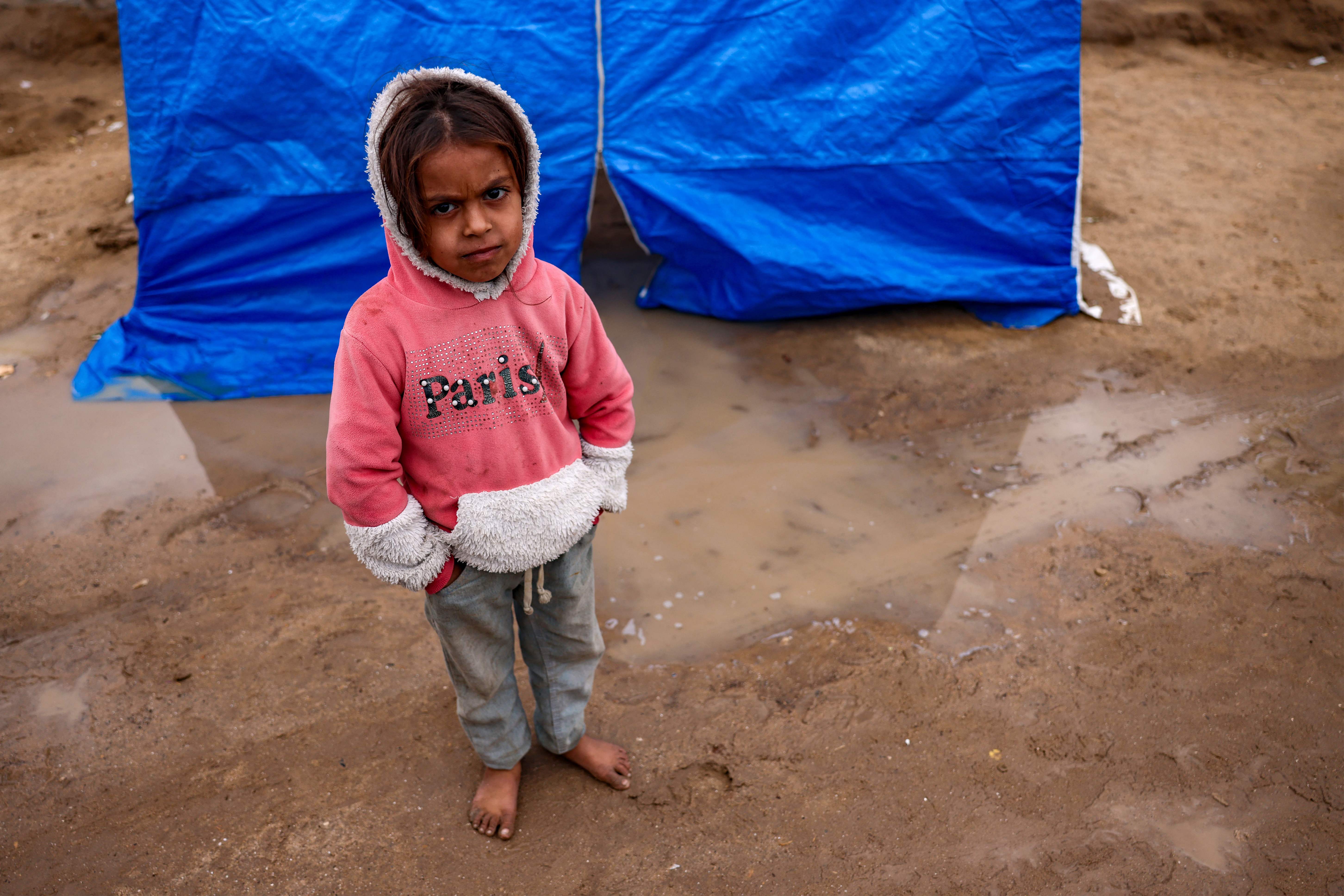Sixty patients at Gaza hospital at risk of starving, authorities say
Dozens of wounded patients at the Indonesian Hospital in the Israeli-besieged northern Gaza are at risk of dying due to lack of food and water, Palestinian health authorities have said.
The Ministry of Health in Gaza said late on Tuesday that 60 patients were “at risk of death”.
“The humanitarian situation inside the hospital has become extremely dangerous, as the wounded lack basic needs, which increases their suffering under the difficult conditions imposed by [Israeli] forces,” the ministry said in a statement.
The hospital is located in Beit Lahiya in the north of the Gaza Strip, which has been under a tighter Israeli military siege since early October.
In its separate daily update on the death toll from Israel’s war on Gaza, the ministry said that at least 28 people had been killed and 54 others wounded in “four massacres against families” over the last 24-hour reporting period.
“A number of victims are still under the rubble and on the roads, and ambulance and civil defence crews cannot reach them,” the ministry added.

Wounded Palestinian children are taken to Al-Aqsa Martyrs Hospital for medical treatment after an Israeli attack on the Maghazi refugee camp in Deir el-Balah, Gaza, on December 9
Meanwhile Sigrid Kaag, the United Nations’ humanitarian coordinator for Gaza, briefed members of the UN Security Council (UNSC) in a closed meeting in New York on Tuesday afternoon.
Speaking to reporters after the briefing, Kaag said she told the council the situation in the Gaza Strip is “a very, very bleak picture”. “I’ve spoken of the inhumane conditions in which our fellow human being civilians are trying to survive, the young and the old,” she said.
Responding to a question from Al Jazeera on whether the fall of Syrian President Bashar al-Assad’s government could overshadow Israel’s war on Gaza, Kaag said she was working to keep the situation in the besieged and bombarded territory “on the map”.
Kaag also said she discussed with members of the UNSC “our hope for a ceasefire and the unconditional release of the hostages that this would enable, obviously, a further surge of assistance”.
Her comments came as Israel’s Channel 13 reported that Israeli National Security Council ministers have been briefed that Hamas has expressed an interest in reaching a ceasefire and captive deal. Channel 13 also reported that Qatar has been “playing a significant role in negotiations for the deal” after previously announcing it was suspending its role as mediator.
Speaking at the Doha Forum on Saturday, Qatari Foreign Minister and Prime Minister Sheikh Mohammed bin Abdulrahman Al Thani said “momentum is coming back” to ceasefire talks. A separate ceasefire agreement between Israel and Hezbollah in Lebanon has largely continued to hold.
‘Entire days without food’
https://www.aljazeera.com/features/longform/2024/12/11/entire-days-without-food-fighting-hunger-in-gaza
Six Palestinians in Gaza describe how they struggle to feed their families amid the war.
Many families resort to using spoiled flour if they have it
With the price of a 25-kilogramme (55-pound) bag of flour soaring to more than 1,000 shekels ($280), Mohammed voiced the desperation of many. "Who can afford even a fraction of that now?" he asked.
"If this continues, we will bury ourselves alive. Death feels like the only escape," he said. "I never imagined a day when I would go hungry or watch my children starve. Stop the war. Let the flour in. How do we appeal to the world? Shame on you."


























































